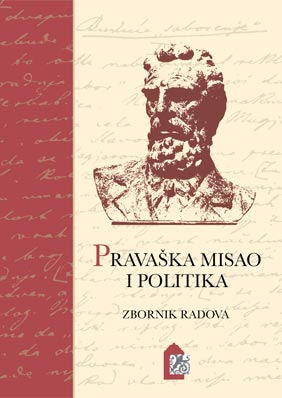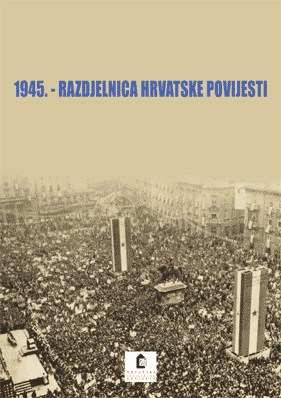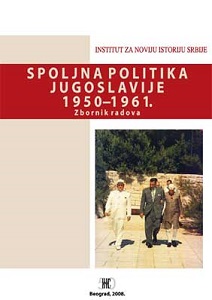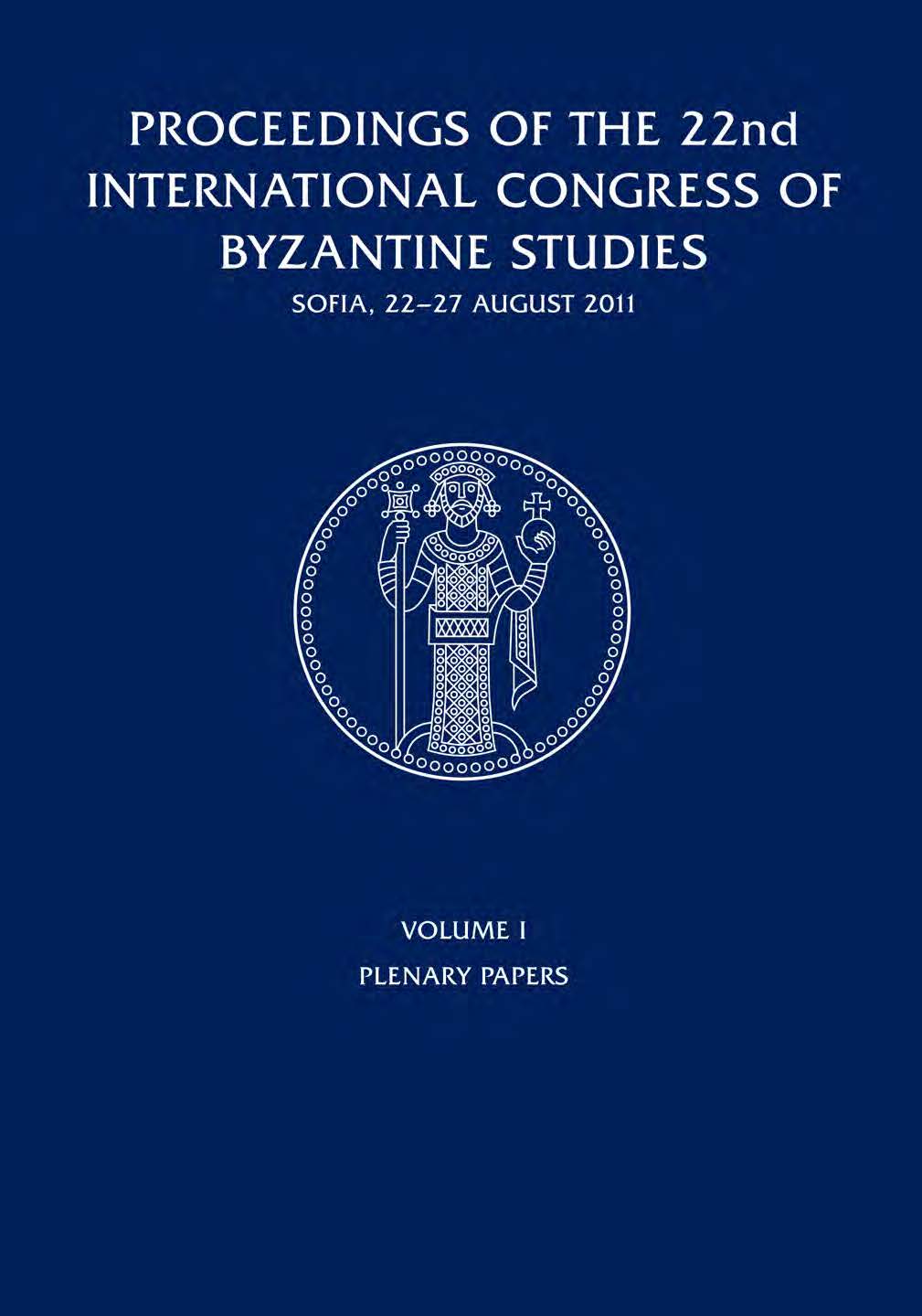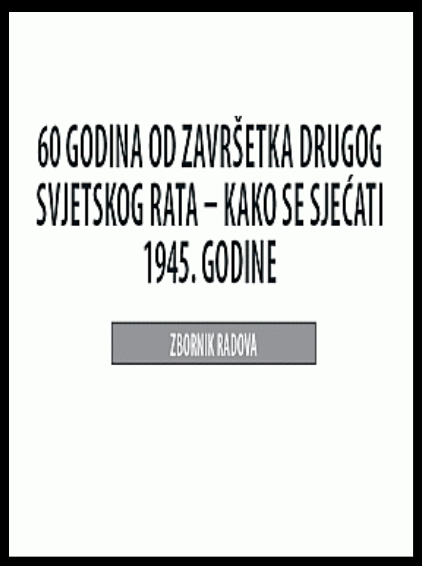
Bosna i Hercegovina u vrtlogu
In the past six decades, English-language accounts of the Second World War in Bosnia and Herzegovina have evolved, starting with the perspective of Allied strategic military interests and moving toward an understanding of the conflict as a struggle among regional actors. In the late wartime years, English readers saw the Second World War largely through the portal of Allied military observers who visited Tito or Mihailović. Early postwar scholarly accounts of the war echoed English readers’ obsession with the gargantuan military struggle and the reasons for Allied victory. Since then, English-language histories have increasingly drawn upon the voluminous documentary record and emphasized the role of the national question in the course and outcome of the war. Some authors have adopted a regional approach and focused principally on the war in Bosnia and Herzegovina. The quality of recent histories is excellent, but there is a lamentable absence of social history in these works, and horrible fate of the Jews in the Second World War has all but disappeared from more recent accounts.
More...
